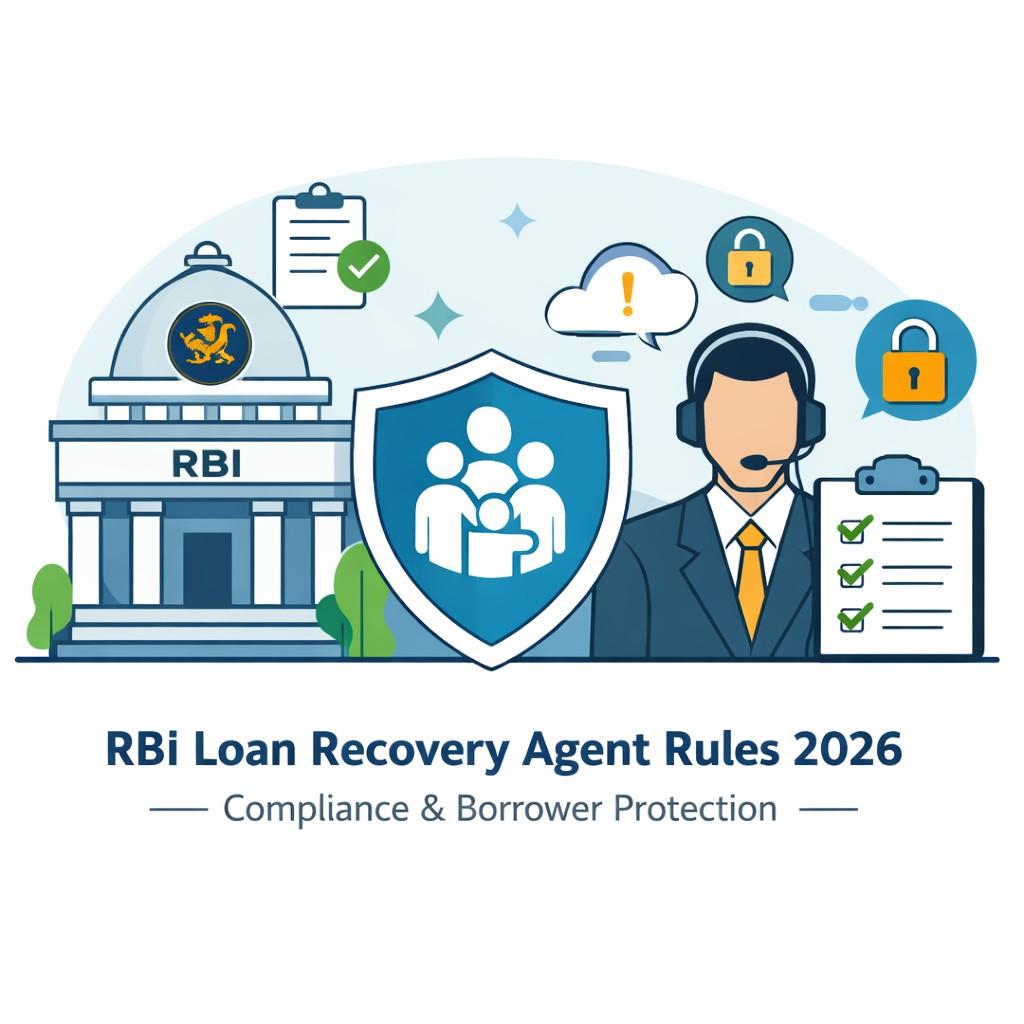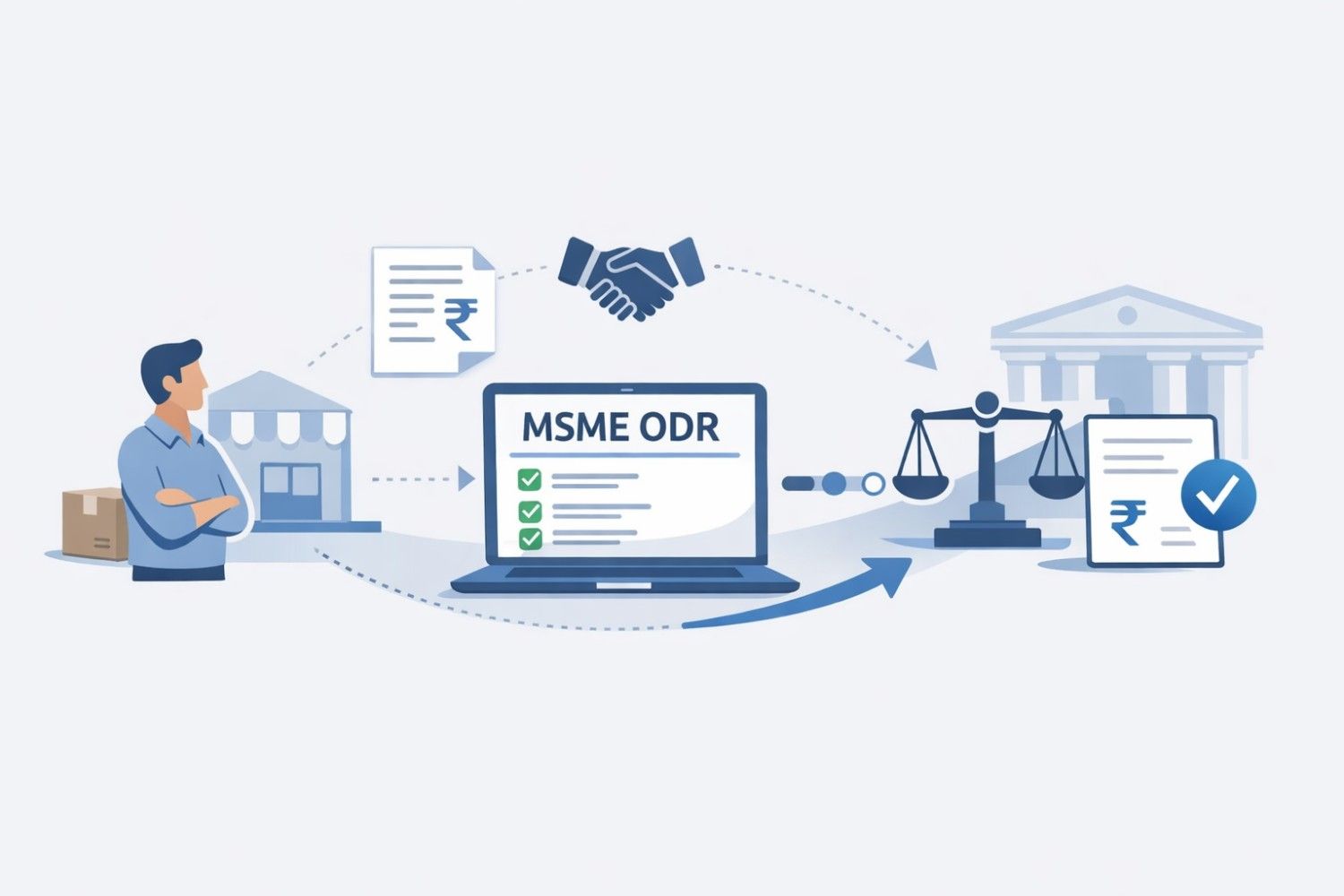Why an NDA is Important Before Disclosing Your Idea for Funding
By the SolvLegal Team
Published on: Oct. 3, 2025, 1:16 p.m.

When you’ve put your time, energy, and creativity into developing a business idea, it’s more than just a concept—it’s the foundation of your future. Whether that idea is a game-changing app, a new consumer product, or a revolutionary service model, you’re likely to seek external support at some point. This could be in the form of funding from investors, advice from consultants, or partnerships with other businesses.
But here’s the problem: every time you share your idea with someone, there’s a risk. What if they tell others? What if they use parts of your concept themselves? Or worse—what if they beat you to market entirely?
That’s where a Non-Disclosure Agreement (NDA) comes in. A simple legal document can be your first line of defence against misuse and misappropriation of your hard work. Let’s break down why NDAs are so important before spilling the details of your idea to anyone.
Understanding What an NDA Does
An NDA is a legally binding contract that creates a confidential relationship between you (the idea owner) and the person or organisation you’re sharing information with. Its core purpose is to protect sensitive details from being disclosed to others or used without your consent.
When you sign an NDA with an investor, for example, it formally restricts them from:
- Sharing your business plan with another company or individual.
- Using your ideas to create their own competing venture without your permission.
- Revealing product designs, marketing strategies, or proprietary technology.
Think of it as creating a legal boundary around your business secrets.
Why Ideas are Vulnerable Without NDAs
At early stages, your concept itself is your most valuable asset. You may not have legal rights like patents or trademarks secured yet. And most people underestimate how quickly word can spread in the business world—especially if your idea is innovative and highly marketable.
Here’s what could happen if you skip an NDA:
- Your idea could be mentioned casually by the person you pitched to, and someone else picks it up.
- A competitor could get wind of your plans and launch faster, making it harder for you to stand out.
- The person you spoke to could directly use your content, strategy, or process without paying you.
By having an NDA in place, you create a deterrent. Even if misuse happens, you’ll have a legal tool to take action.
Setting the Right Tone with Investors and Partners
A lot of entrepreneurs worry that asking for an NDA will make them seem distrustful or difficult to deal with. In reality, it’s quite the opposite—it shows you’re serious. Investors and seasoned business professionals deal with NDAs regularly.
When you approach funding discussions with an NDA in hand, you send the message:
"I value my work, I’ve thought this through, and I’m approaching this professionally."
It encourages the other party to treat the discussion with the same level of care.
Different Types of NDAs
NDAs aren’t one-size-fits-all. Depending on your situation, you might need one of these:
Unilateral NDA
Used when only one party is sharing confidential information. For example, you’re pitching to an investor, and they’re not giving you confidential information in return.
Mutual NDA
Used when both parties are sharing sensitive details. This might be the case in strategic partnerships or collaborations.
Key Clauses Your NDA Should Include
A solid NDA isn’t just a page of legal jargon. There are specific clauses that make it effective:
- Definition of Confidential Information – Be clear on what’s considered confidential (documents, designs, code, financial data, etc.).
- Permitted Use – State exactly how the information can be used (for evaluation only, not for commercial exploitation).
- Duration – Specify how long the confidentiality obligation lasts.
- Exclusions – If certain information is already public or independently developed, it shouldn’t be counted as confidential.
- Consequences of Breach – Outline legal remedies and potential damages if the NDA is violated.
Practical Scenarios Where NDAs Are Essential
Let’s look at some everyday business situations where you should never skip an NDA:
- Investor Meetings – Protection before you reveal core product details and market positioning.
- Co-Founder Talks – Before agreeing to work with someone closely, safeguard your original concept.
- Vendor Engagements – Manufacturers, developers, and agencies will often see internal systems and designs.
- Contractor/Freelancer Hires – Designers, coders, and marketing experts may access data that isn’t public.
- Potential Buyers – If someone is considering acquiring your company, your financial and operational records will be exposed.
Common Misconceptions About NDAs
- "NDAs scare off investors."
- Not true for serious investors. However, many venture capitalists have policies against signing NDAs during the earliest pitch stage simply because they hear hundreds of ideas and don’t want legal risk from accidental overlaps. In such cases, reveal broad concepts first—and save the finer details for after an NDA is signed.
- "NDAs are overkill for small ideas."
- The size or perceived complexity of your idea doesn’t matter. If it’s unique and could give you a competitive advantage, protect it.
- "Once I have an NDA, I’m 100% safe."
- An NDA helps, but it isn’t a magic shield. Enforcement matters. If someone breaches it, you’ll need to pursue legal remedies.
Drafting an NDA That Actually Works
Don’t just download a template and hope for the best. Laws vary from country to country, and weak wording could make it unenforceable.
Professional drafting ensures:
- The NDA suits your jurisdiction’s laws.
- It covers the specific nature of your business.
- It’s balanced, so the other party doesn’t feel unfairly restricted.
Getting a lawyer or a specialised legal service to draft your NDA is worth every rupee.
How NDAs Help During Funding Talks
When you’re raising funds, the pitch often isn’t just a slide deck. You’re sharing market research, customer personas, revenue projections, growth strategies, supplier details, and more. These are sensitive business assets.
If word gets out, it can:
- Allow competitors to copy your approach.
- Undermine your negotiating power.
- Damage your brand image before you even launch.
With an NDA, you can discuss freely, knowing the other party is legally bound to keep things confidential.
International Funding and Multi-Jurisdictional NDAs
If your investor is based abroad, your NDA needs to address cross-border enforceability. Include clauses on jurisdiction and governing law so that disputes aren’t stalled by location issues. The agreement should also account for differences in intellectual property protection between countries.
What Happens If an NDA Is Breached
An NDA breach doesn’t automatically mean you’ll win in court—you’ll still need proof.
Steps you can take include:
- Sending a legal notice to the offending party.
- Seeking an injunction to stop further misuse.
- Claiming monetary damages for losses sustained.
Having the document signed, however, strengthens your case considerably compared to having no agreement at all.
Building a Culture of Confidentiality in Your Business
If you want others to take confidentiality seriously, start with your own habits:
- Store sensitive files securely.
- Limit who has access to internal documents.
- Train team members on the importance of NDAs when dealing with external parties.
Balancing Transparency and Protection
While NDAs safeguard your ideas, they shouldn’t become a barrier to smooth business interactions. The key is to balance disclosure with protection: share enough information to build interest, but save the confidential and strategic details for post-NDA discussions.
In Short
If your business idea is the seed of your future success, the NDA is the fence that keeps it safe until it’s ready to grow. It’s not a lack of trust—it’s smart, practical risk management.
Need help drafting an NDA tailored to your business? Visit SolvLegal.com and get professional agreements that protect your ideas from day one. To download Non-Disclosure Lawyer vetted template, visit our template section.
FAQs
1. Do investors always agree to sign NDAs?
Not always, especially at the first discussion stage. In such cases, share only non-sensitive information initially.
2. Is an NDA legally enforceable in India?
Yes, NDAs are enforceable if drafted properly with fair terms under Indian contract law.
3. What’s the difference between unilateral and mutual NDAs?
A unilateral NDA protects one party’s information, while a mutual NDA covers both parties’ confidential data.
4. Should I use an online free NDA template?
It’s risky. Templates may be outdated or legally weak. A customised NDA is safer.
5. When should I ask for an NDA?
Before sharing proprietary designs, strategies, code, or financial data—even in casual funding discussions.
ABOUT THE AUTHOR
This blog is authored by Shridansh Tripathi, a second-year law student at the Department of Legal Studies and Research, Barkatullah University, Bhopal.
REVIEWED BY
This article was reviewed by Prakhar Rai, a seasoned corporate lawyer. He advises extensively on intellectual property, contracts, mergers and acquisitions, and private equity and venture capital. His work also includes data protection and privacy, regulatory and compliance advisory, white-collar crime, technology and startup law, and commercial dispute resolution.
DISCLAIMER
The information provided in this article is for general educational purposes and does not constitute legal advice. Readers are encouraged to seek professional counsel before acting on any information herein. SolvLegal and the author disclaims any liability arising from reliance on this content.






